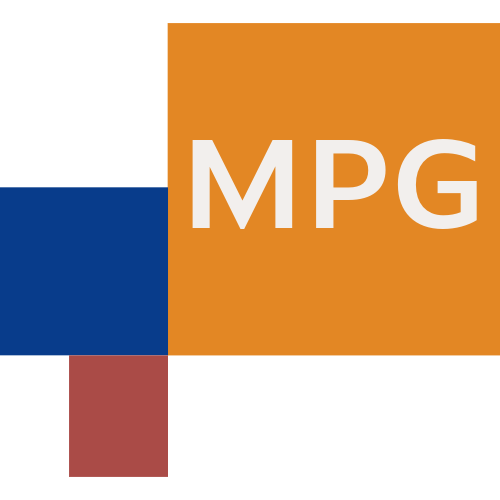menu
menu
Menu
cancel
- arrow_back_iosBacknavigate_nextpersonPersonal
- groupCommunities
- articleBlogs
- eventEvents
- sourceTemplates
- question_answerQuestions
- schoolLearning
- business_centerBusiness
- live_helpFAQ
What legal and ethical considerations should organizations be aware of when conducting employee oversight to ensure compliance with labor laws and respect for individual rights?
How can technology be used to improve employee oversight without negatively impacting workplace morale or causing resistance among staff?
What are the key components and best practices for implementing an effective employee oversight program that balances productivity monitoring with employee privacy?
What role does employee feedback play in refining oversight processes, and how can organizations ensure that oversight systems are perceived as supportive rather than punitive?
How can technology be leveraged to enhance employee oversight while ensuring compliance with privacy laws and ethical standards?
What are the key strategies for implementing effective employee oversight without compromising trust and morale in the workplace?
What role do managers play in employee oversight, and how can they be equipped with the skills and tools necessary to provide effective guidance and accountability measures?
How can organizations balance the use of technology for employee monitoring with the ethical considerations and potential impacts on employee morale and trust?
What strategies can be implemented to ensure effective oversight without infringing on employee privacy and autonomy in the workplace?
- This question looks at how oversight mechanisms can prevent unethical behavior and ensure adherence to company policies and legal requirements, including the implementation of codes of conduct...
